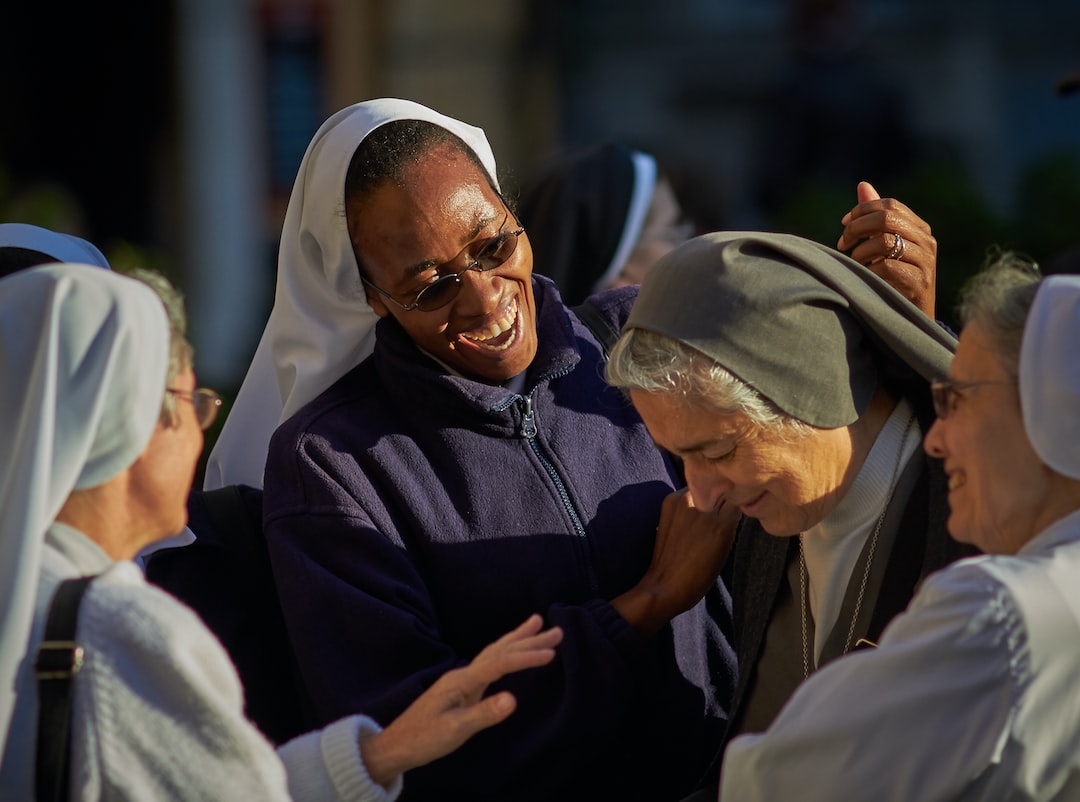Exploring the Concept of Prayer Across Different Religions
Prayer is a universal human experience. Throughout history, individuals from various cultures and religions have engaged in prayer as a way to communicate with a higher power, seek guidance, express gratitude, or find solace. While prayer may be considered a deeply personal act, it is also a communal practice shared by countless individuals across the globe. In this blog post, we will delve into the concept of prayer across different religions, highlighting the similarities, differences, and significance of this practice in various faith traditions.
Christianity, one of the world’s largest religions, views prayer as a direct means of communication with God. Christians believe that through prayer, they can petition God for their needs, intercede on behalf of others, or simply offer their reverence and adoration. In Christianity, prayer takes many forms; it can be done individually, during religious services, or collectively in groups. The Lord’s Prayer, taught by Jesus to his disciples, is one of the most iconic prayers recited by Christians worldwide.
Islam, the world’s second-largest religion, places great emphasis on prayer. Muslims are required to pray five times a day, facing Mecca, their holiest city. These daily prayers, known as Salah, provide a means for Muslims to express their devotion and seek spiritual connection with Allah. Prayer in Islam is a disciplined and regulated practice, with specific movements, recitations, and prostrations. Mosques, where collective prayers are held, serve as central gathering places for Muslims.
In Hinduism, a diverse and complex religion, prayer plays a vital role in the daily lives of believers. Hindus engage in various forms of prayer, ranging from chanting mantras, reciting devotional hymns, and performing elaborate rituals. Puja, a common form of Hindu prayer, involves revering deities through the offering of flowers, incense, and food. Prayer in Hinduism is seen as a means of establishing a connection with the divine and seeking blessings.
Buddhism, a religion that emphasizes self-awareness and enlightenment, has a unique perspective on prayer. Buddhists view prayer as a form of meditation and contemplation. Rather than petitioning external deities, Buddhists use prayer as a tool to cultivate inner peace, wisdom, and compassion. Mantra recitation, such as the repetition of the famous Buddhist mantra “Om Mani Padme Hum,” is a common form of prayer in Tibetan Buddhism.
Judaism, one of the oldest Abrahamic religions, has a rich tradition of prayer. It is deeply ingrained in Jewish life, with prayers recited in Hebrew and specific rituals observed during different parts of the day, week, and year. The Western Wall in Jerusalem, a remnant of the ancient Jewish temple, is a symbol of prayer and devotion for Jews worldwide. Prayer in Judaism serves as a means of connecting with God, seeking guidance, and expressing gratitude.
Sikhism, a religion founded in the 15th century, regards prayer as an essential aspect of spiritual growth. Sikh prayers, called Ardas, are recited daily and feature hymns from their holy scripture, the Guru Granth Sahib. Sikhs believe that prayer develops a deep consciousness of the divine within oneself and cultivates a sense of humility and selflessness. The Golden Temple in Amritsar, India, serves as a central place of worship and pilgrimage for Sikhs.
The concept of prayer extends beyond these religions, with countless other faith traditions around the world incorporating prayer into their practices. From Native American rituals to African traditional religions, prayer exists as a fundamental aspect of communal and individual spiritual experiences.
Despite the diversity of prayer practices across religions, there are common threads that unite them. Prayer serves as a means of seeking solace, expressing gratitude, and connecting with a higher power. It offers individuals a sense of purpose, comfort, and hope in times of distress, and fosters a deeper understanding of oneself and the world.
In conclusion, the concept of prayer is intertwined with the human experience of seeking something beyond the physical realm. Across different religions, prayer plays a vital role in religious practices, offering individuals a way to communicate with the divine, express their devotion, and find inner peace. Whether it takes the form of reciting sacred texts, chanting mantras, or engaging in elaborate rituals, prayer remains a powerful and universal practice that transcends cultural and religious boundaries.
